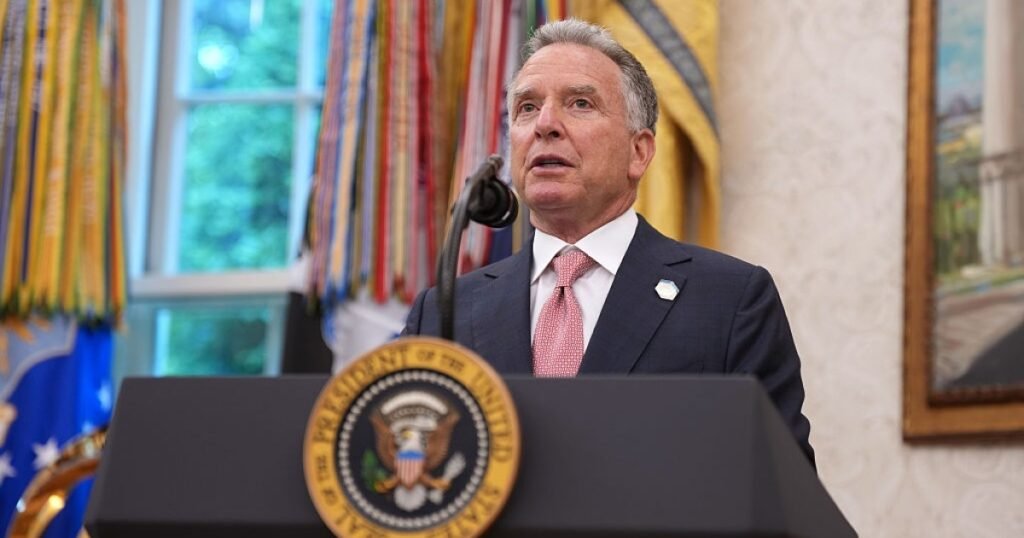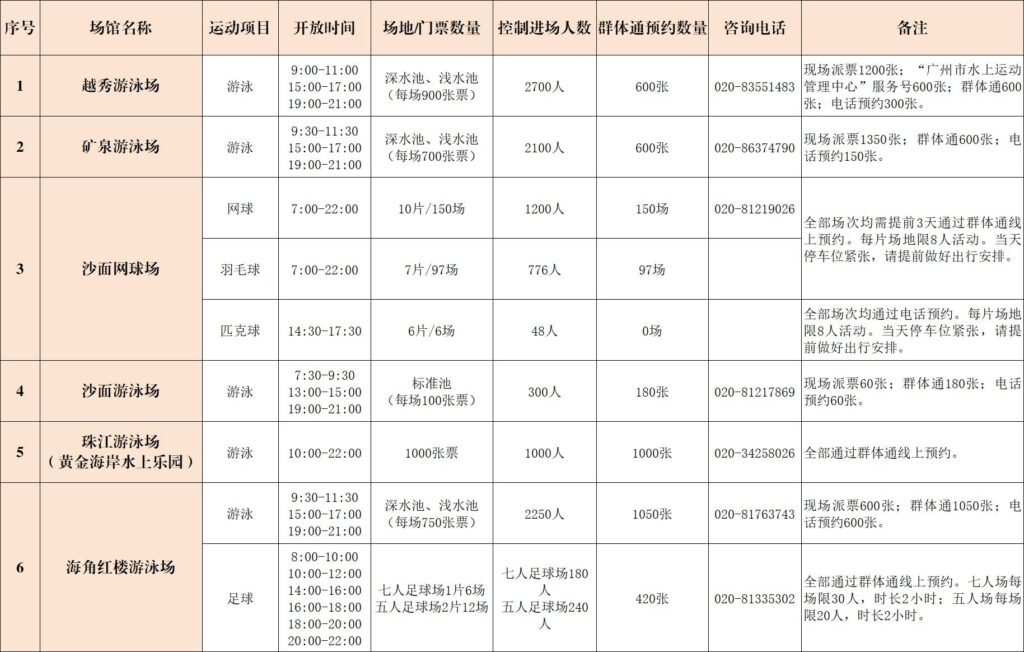As the deadline for the ceasefire set by President Trump between Russia and Ukraine approaches, Russia is making efforts to avoid facing new sanctions from the US. In a bid to prevent this, the Russian side urgently invited US Special Envoy Steve Witkoff to visit Moscow on August 6 for a three-hour meeting with Russian President Putin.
Yuri Ushakov, Assistant to the Kremlin’s Foreign Affairs, stated to Russian media that the talks were ‘very beneficial and constructive.’ Important signals were exchanged between the two parties regarding the Ukraine issue, as well as discussions on potential future cooperation between the US and Russia. However, the specifics of the discussions will have to wait until Witkoff reports back to Trump.
The meeting between Witkoff and Putin is seen as a crucial step in determining the outcome of the ceasefire and avoiding further escalation of tensions between the US and Russia. Both sides are eager to find common ground and reach a resolution that satisfies all parties involved, particularly in the context of the complex geopolitical situation surrounding Ukraine.
The urgency of the situation is highlighted by the looming deadline set by President Trump, which adds pressure on both sides to find a viable solution to the ongoing conflict between Russia and Ukraine. The outcome of the talks will likely have significant implications for the future relationship between the US and Russia, influencing policy decisions and diplomatic relations moving forward.
With the potential for new sanctions on the horizon, both the US and Russia are motivated to reach a mutually beneficial agreement that addresses the concerns of all parties involved. The involvement of high-level officials such as Witkoff and Putin demonstrates the seriousness of the situation and the willingness of both sides to engage in constructive dialogue to find a peaceful resolution to the conflict.
The international community is closely watching the developments in the talks between the US and Russia, as the outcome could have far-reaching implications for global security and stability. The ability of both countries to navigate their differences and find common ground will be crucial in determining the success of the ceasefire and the prospects for future cooperation in the region.




